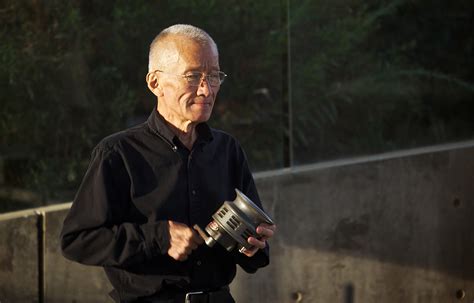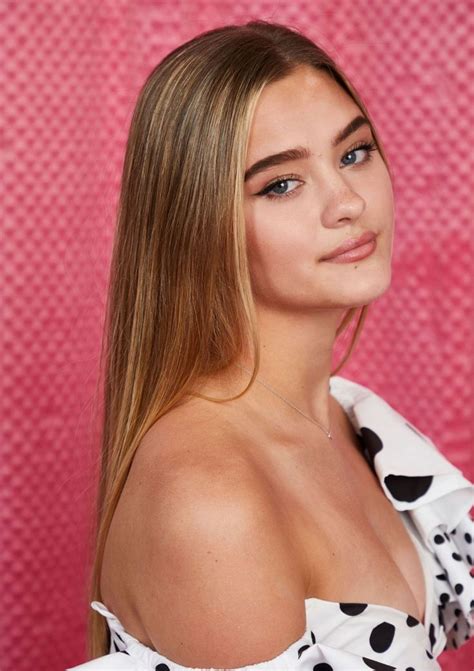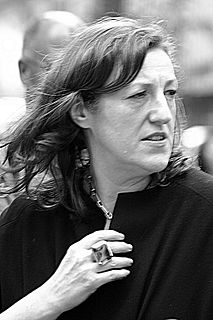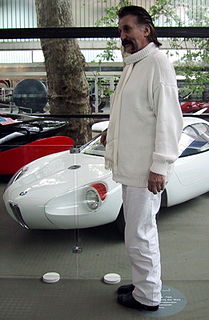A Quote by Marcel Wanders
When you look at the work you do every day, you do see things. But if you look at the work you did for 25 years, suddenly you start to get a more complete picture.
Related Quotes
At the beginning, I felt sort of reluctant about my music from my past. But in the last couple of years, I felt good about what I did in the past. The way I see my work, time passes from the time I performed or recorded a work. When I look at it now, 25 years or 30 years ago, if I see that it has value today, I will agree to release it.
What we did with Avatar, if you really look at it, we took things that are out there in the world every day, we just made them bigger, shinier. ... But all our inspiration comes from the real world. So if you really look, you can see all those things around you, and I would just encourage people to get out and look for it.
Most poor people are not on welfare. . . I know they work. I'm a witness. They catch the early bus. They work every day. They raise other people's children. They work every day. They clean the streets. They work every day. They drive vans with cabs. They work every day. They change beds you slept in these hotels last night and can't get a union contract. They work every day . . .
Work hard and follow your dreams. I work nine and a half hours a day, five days a week; it's a lot of hard work and sacrifices, but in the end, it all comes out to be worth it. If you want to get a head-start into the entertainment business, get into a performing arts school or start performing in a theater because that's one of the main places that agents and managers look for talent.
Yeah, it's odd when you look back at your own work. Some filmmakers don't look back at their work at all. I look at my work a lot, actually. I feel like I learned something while looking at stuff I've done in terms of what I'm going to do in the future, mistakes I've made and things at work or what have you.
Kevin Feige and I have very smart people who work for us, who make sure that we see everything. And that we actually see everything. They see everything, tell us about it, we see it. You have to have people who work with you, who say 'you have to look at this film'. And then you look at it. You really have to look at it. You have to look at movies all the time.
As I get older I find myself thinking about stories more and more before I work so that by the time I eventually sit down to write them, I know more or less how it's going to look, start or feel. Once I do actually set pencil to paper, though, everything changes and I end up erasing, redrawing and rewriting more than I keep. Once a picture is on the page I think of about ten things that never would have occurred to me otherwise. Then when I think of the strip at other odd times during the day, it's a completely different thing than it was before I started.








































